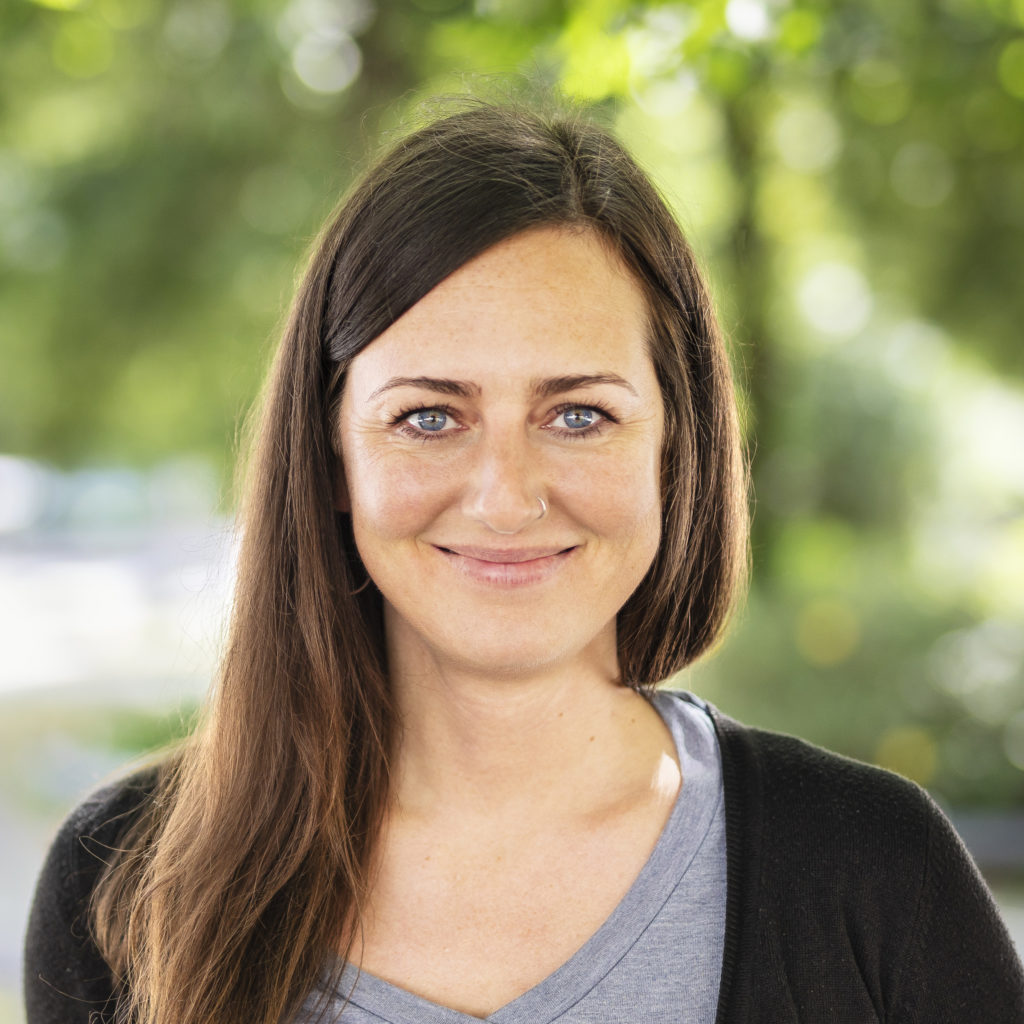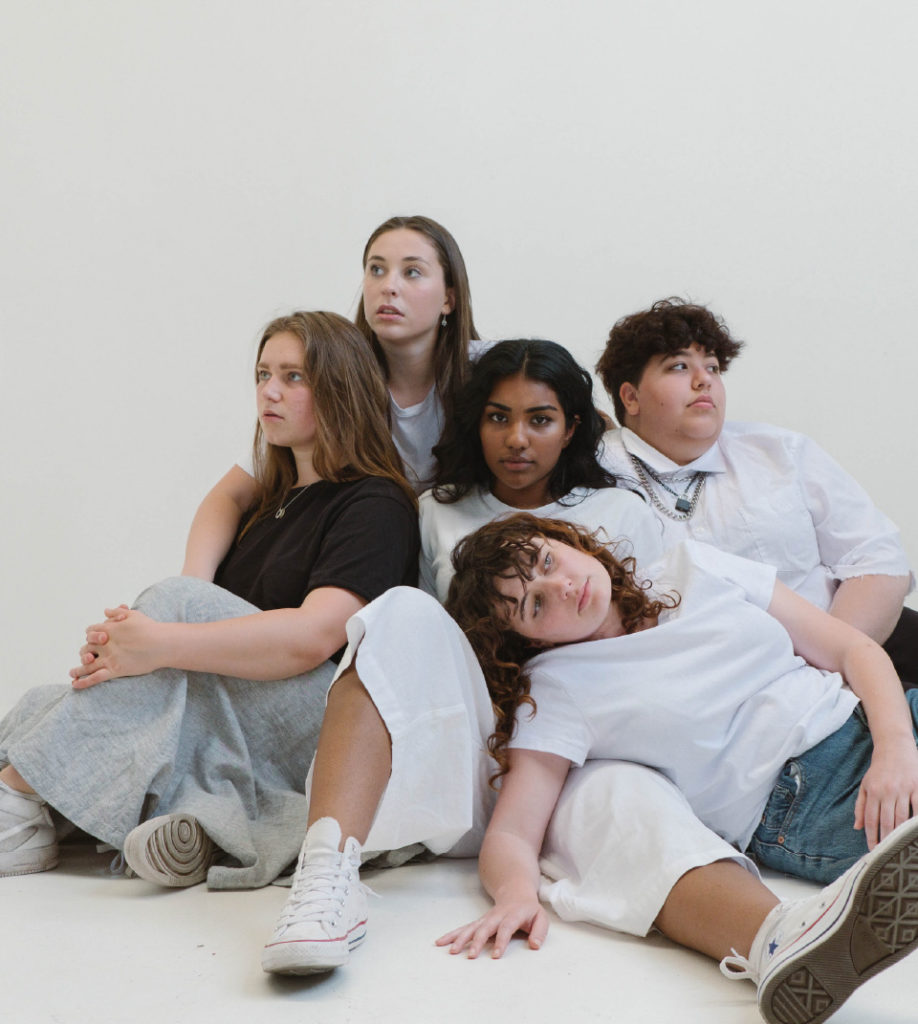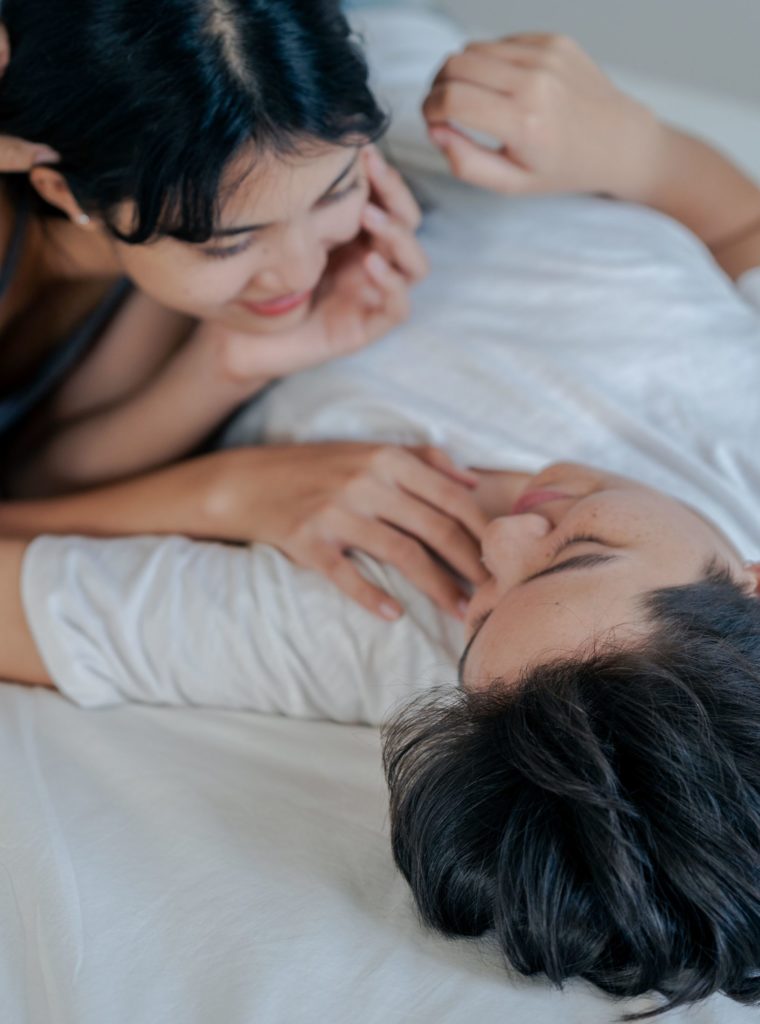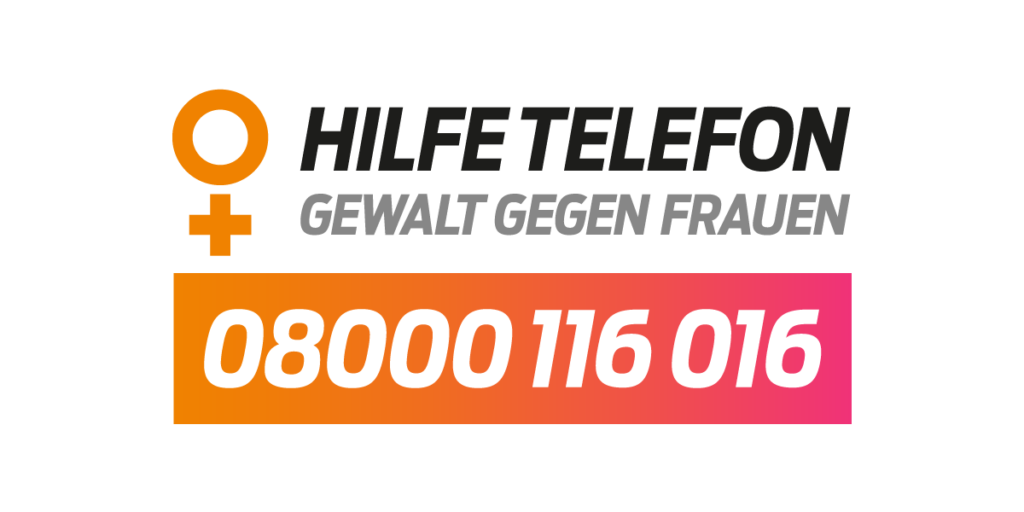Get to know us:

“I’m not fighting for myself, but for all the people who have been or will become victims of sexualised violence.”
Nina Fuchs
Initiator and CEO KO e.V.
It’s time for change. We want a society in which a culture of consent and respect are firmly anchored. One in which victims are believed and their traumas are recognised. We are fighting for a time when sexualised violence is no longer treated as a taboo and no longer a cause for shame.
Together with other interested parties, we offer support for all victims of knockout drops and sexualised violence. We educate, we network, and we fight for change. Together we are strong, together we are no victims.

The Organisation
The interface between politics, the police, the law, society, victim organisations, friends, families and victims.
We are convinced that real change can only be achieved if all the parties involved engage in meaningful dialogue and cooperate effectively to raise awareness and educate at all levels.

Consent culture
“Only yes means yes”
Sexual intercourse which is not consensual is rape. It is important that we create an awareness in our society for a culture of consent and for greater respect in sexual relations. One of our aims is to enshrine the principle of consent in our laws governing sexual offences.
Dialogue not silence
Our PR work is all about moving away from taboo and shame and towards communication and understanding.
Empowered not powerless
Prevention is of paramount importance to us. We want to raise awareness among young people in schools and on the internet.
Together not alone
We can create sustainable change only by working together. Become a member of our organisation and support our work.

Help is available from the German Federal Office for Family Affairs and Civil Society Functions
The “Gewalt gegen Frauen” (Violence against Women) helpline is a safe, anonymous and barrier-free service open 24 hours a day, 365 days a year. Highly qualified counsellors are on hand to provide expert advice in total confidence and, if necessary, refer callers to local support services such as women’s outreach centres and women’s shelters. Barrier-free access and support for different languages ensure that women with disabilities and/or a poor knowledge of German can still get the help they need. Relatives, friends and professionals can also use the helpline to get information.


